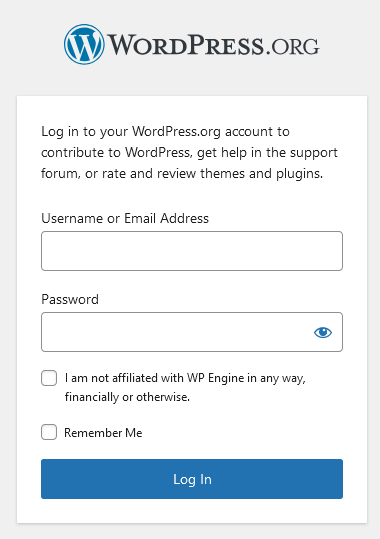WP Engine Failed to Vet Security of Plugin Acquired This Year or Fix Vulnerability in It Once It Was Reported to Them
When it comes to whether Matt Mullenweg or WP Engine are the bad guys in the recent, the reality is that they both have played a decidedly harmful role in the security of WordPress plugins. Sometimes that comes from them working together. Last year, we noted that WP Engine was falsely claiming that a popular WordPress plugin contained a security vulnerabilities. That was caused by them using a known unreliable source of vulnerabilities, WPScan. Incredibly, WP Engine’s VP of security admitted earlier in the year they haven’t done due diligence with WPScan’s data:
We know that there are other options out there, but given the sense of completeness and alerts for ALL relevant plugins, we never had a need to go crosscheck WPScan against anyone else. [Read more]
